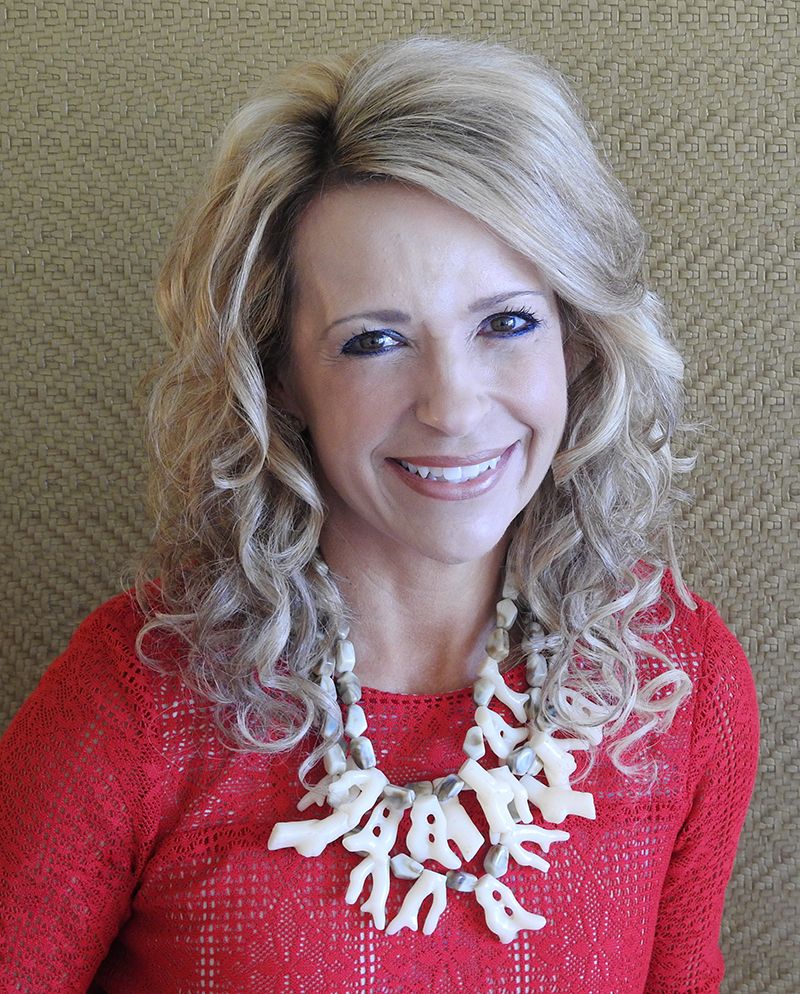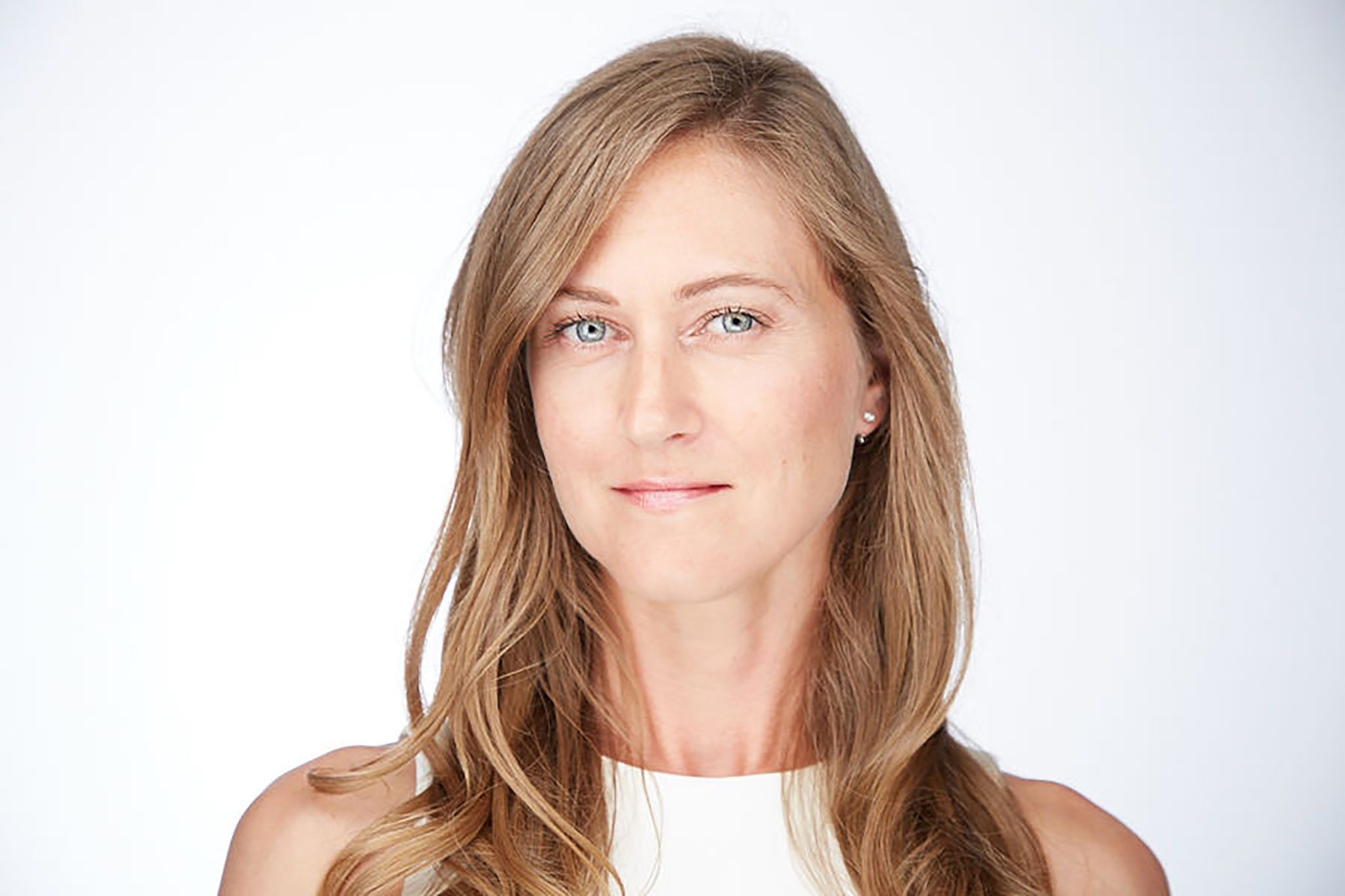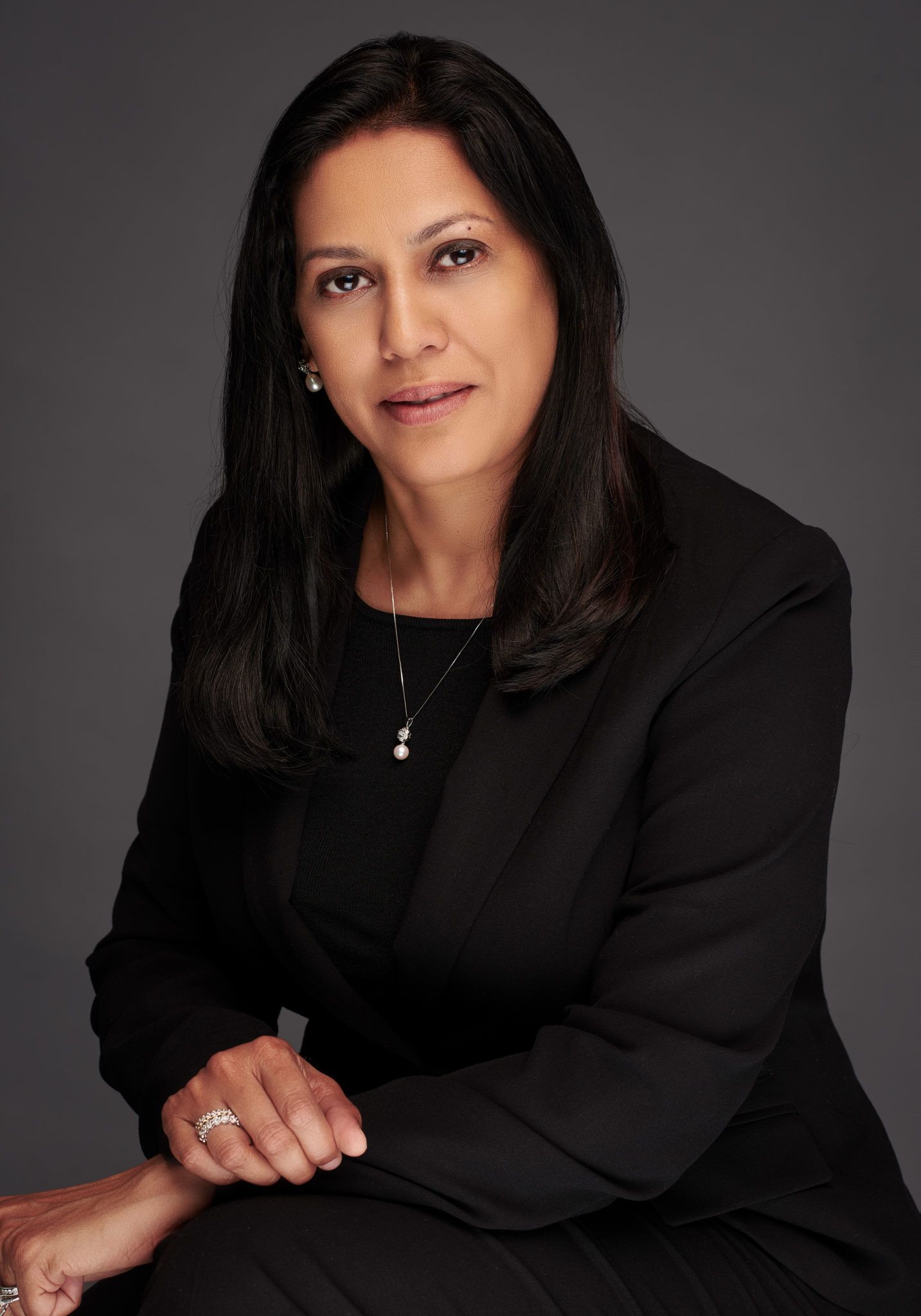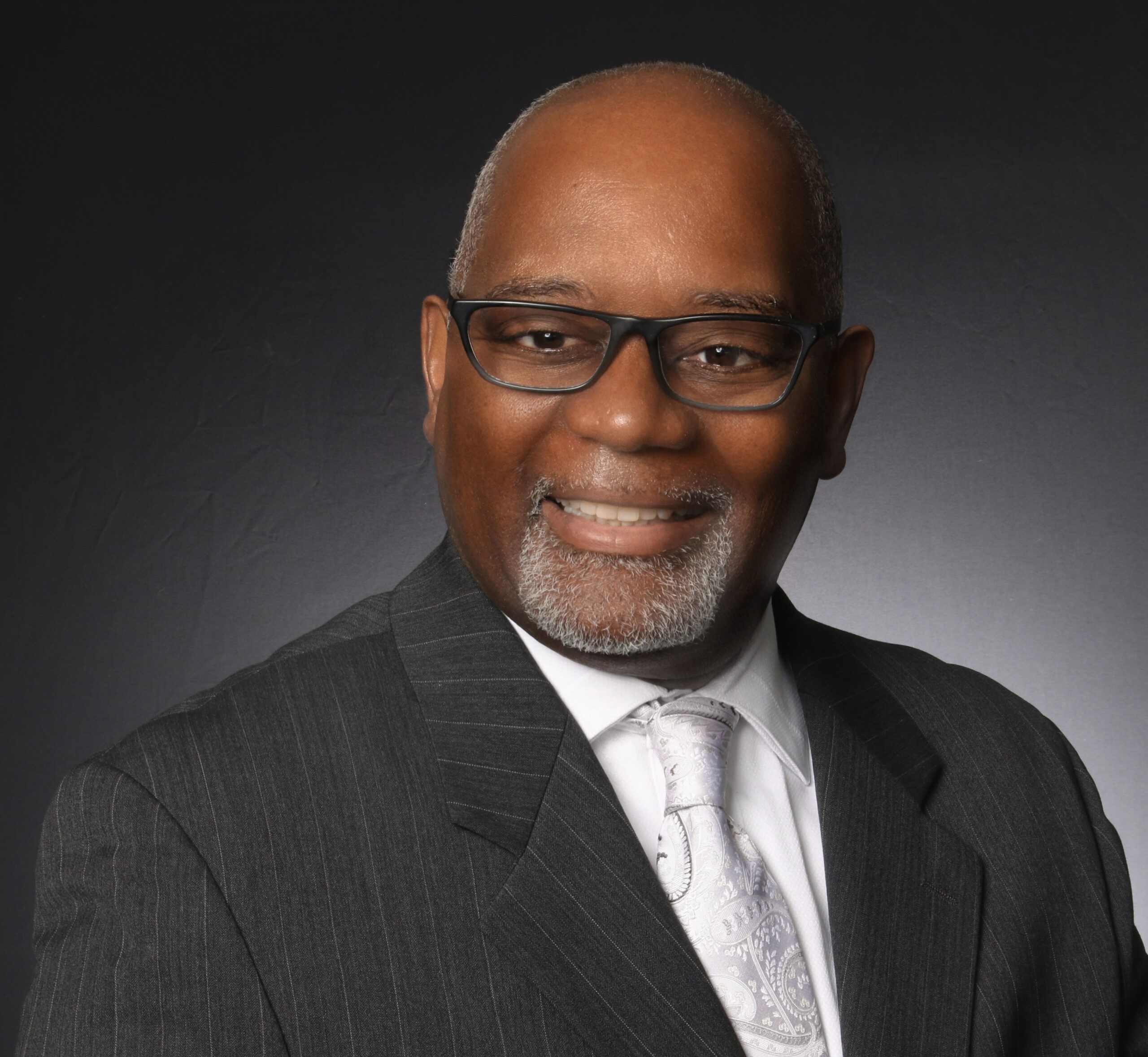People say “Fake it ‘til you make it,” that “You’ll get better at presenting by presenting,” to “Picture everyone in the audience naked, or look over their heads, to calm your nerves,” and “When you practice, it sounds scripted, so just shoot from the hip to sound real,” and yet these untruths are part of what makes the idea of public speaking the no. 1 fear for Americans.
Public speaking is not the problem. It’s not the issue. How public speaking is perceived and how it is incorrectly “taught” are a couple of the challenges with people being successful presenting ideas, products, and even themselves.
In the face of all this presentation confusion, how do we increase our presentation prowess? It’s by overcoming all that ill-advised counsel with truths and practical, useful tips that are readily implementable. The four keys to presenting beyond public speaking fears and misperceptions are:
1) Be an expert on the topic, and don’t be concerned if other experts are there too. It’s a presentation, not a competition.
2) Put the audience first by setting a goal for them, about them.
3) Get out of your own way by being present and not being concerned about how you look, sound, or the day you had before presenting, or what you have going on after presenting.
4) Come from a place of gratitude, with thoughts and comments of “I get to present today at 1:00 p.m. on our first quarter 2019 outlook” rather than “I have to speak on the 2019 number later today.”
About those lies…here are the truths:
Specifically, resist “faking it ‘til you make it” by focusing on making it about what you are doing until you make it to the next step, and onto the next step, and ultimately to the subsequent results. Make it about the sharing and learning, and then you don’t have to fake your interest or your effort.
Let go of the notion that you’ll get better at speaking by speaking. Sadly, you will simply get used to being average, at best, if you do not change how you are speaking. You will get comfortable speaking, and yet average and comfortable are not likely huge draws for audiences. How you improve speaking is by engaging the audience, keeping your ego out of your efforts and off the stage. When you have a process, you can let your personality shine and your persuasiveness connect.
The process for an effective presentation is to have:
• An open (something to capture the audience’s attention, and not “Hi, my name is …”
• A preview (a goal for the audience that is about them, and not “Today I’m going to talk about …”
• An agenda of two to four topics
• The body (covering the three to four topics with your expertise)
• Interaction (including eye contact, questions for the audience, and movement)
• A summary (reviewing the agenda and confirming the goal was met)
• A close (after questions and contact information is shared – the close ties back to the Open, and is not simply “Thank you”)
Don’t even entertain the idea of wanting the people in the audience to be naked or to overlook them. Both of those ideas are odd, and weird, and it’s hard to even imagine where such notions came from. The audience deserves the best you, so introduce yourself pre-event, look at audience members, and want them to see you while you are truly seeing them.
While practice does not make perfect, practice is part of presentation prowess. You review things when you are sitting down, and you practice presenting when you are standing up and walking through it. It is imperative you are well-versed, not rehearsed. People believe they are best “winging it” or “shooting from the hip” when really, they are simply not sure how, or not willing to spend the energy preparing, reviewing and practicing. The time spent getting ready makes you ready for a memorable and powerful presentation.
You have the four keys. You have practical presenting tips. Let go of the lies. Let the truth set you free … free to present with confidence and prowess beyond nerves, doubt and any bad presentation advice shared! ♦
Debbie Lundberg believes “how you present is how you are remembered.” As a 10-time published author, including the book “Presenting Powerfully,” Debbie is a certified life coach, certified leadership coach, and certified image consultant who speaks, facilitates, trains and coaches throughout the U.S., she serves as a MacDill Air Force Base Honorary Commander, recent Greater Tampa Chamber of Commerce Board of Directors member, Miss America Scholarship Pageant Preliminary Judge, University of Tampa Board of Fellow, and University of South Florida (USF) faculty member in the Office of Corporate Training and Professional Education, where she was recently recognized as Instructor of the Year. In addition, Lundberg is the current Chair of the American Heart Association’s 2018-2019 Circle of Red.










